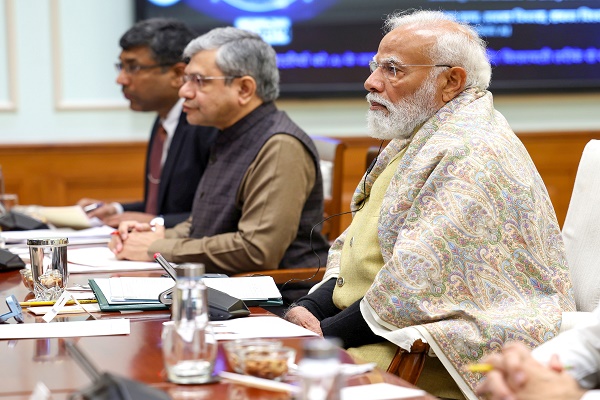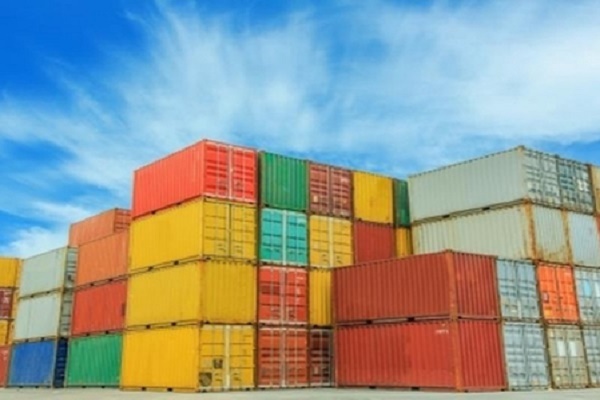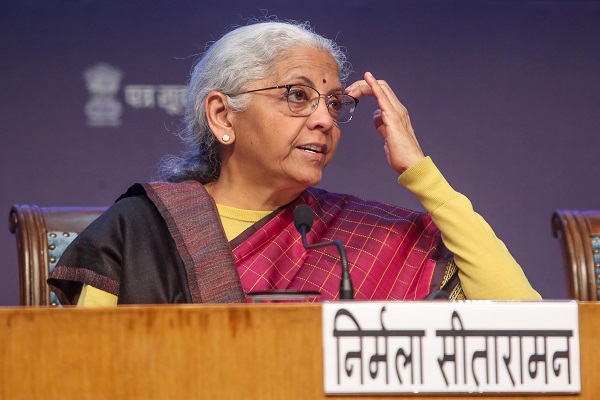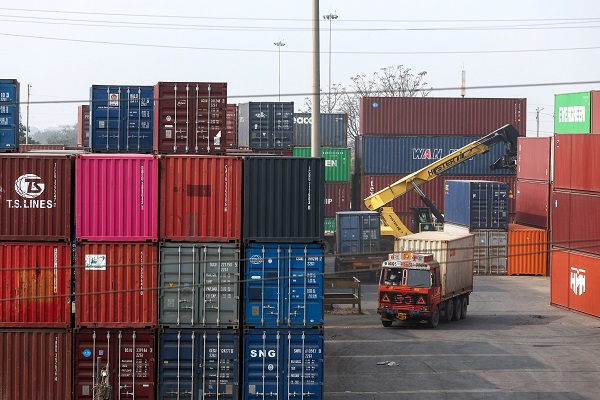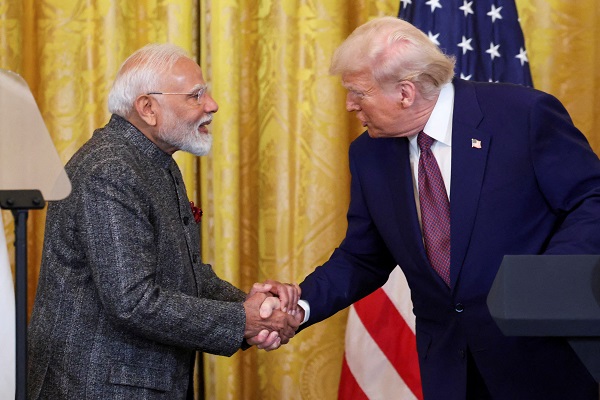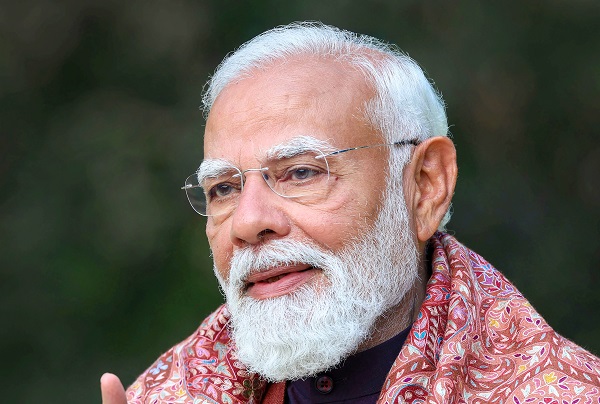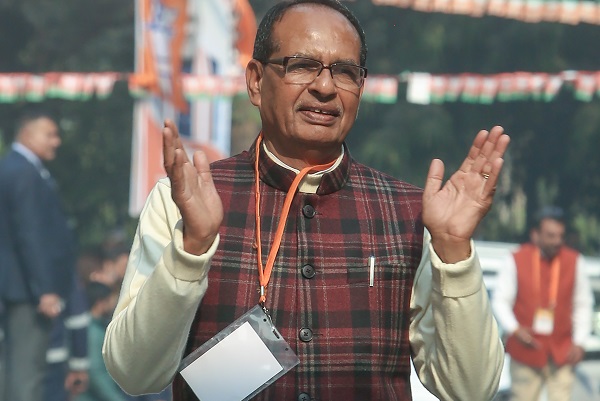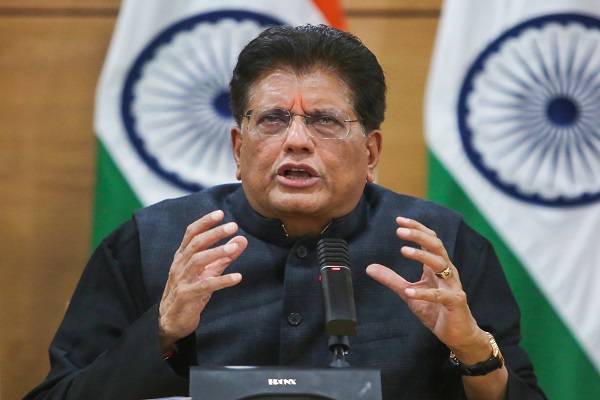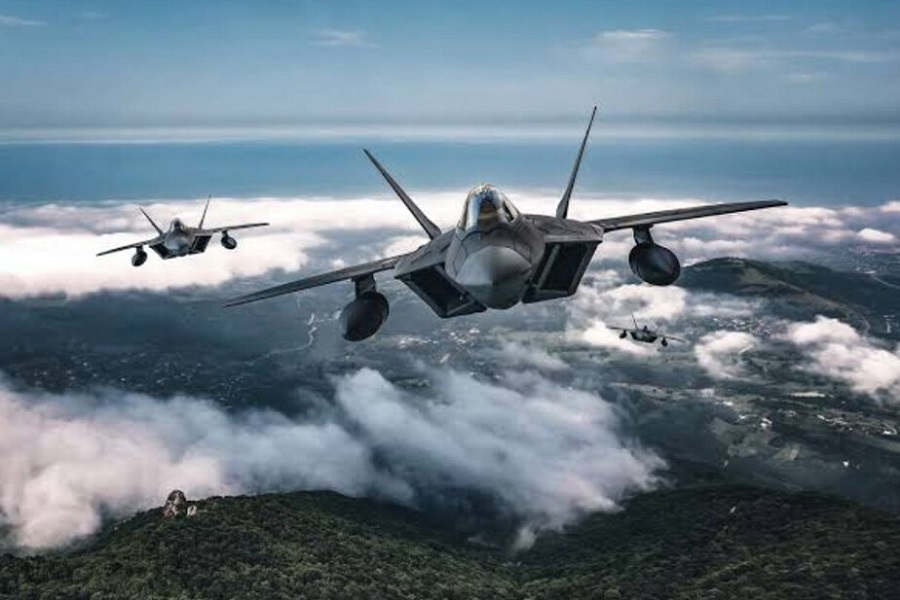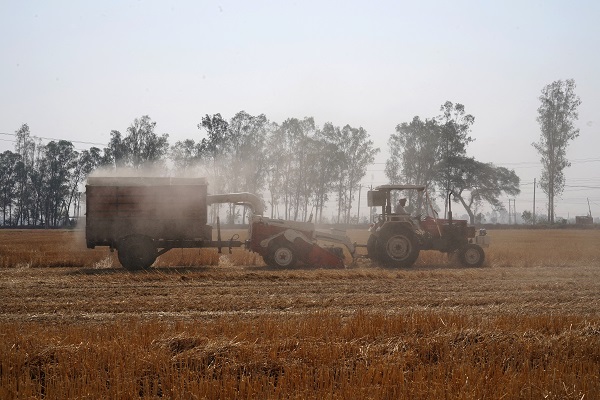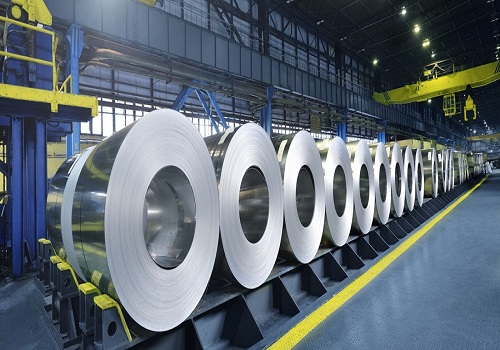As crude races toward $100/b it will undermine fragile economic recovery in Asia

The dramatic sprint of crude oil toward $100/b is prompting Asian importers to rethink supply strategy as well as their fiscal roadmap, which could result in an aggressive recourse to strategic reserves, changes to fuel subsidies and taxes, and a much bigger push toward new energy alternatives, S&P Global Platts Analytics said.
Although the oil demand outlook for top consumers China and India looks resilient following a lengthy period of pandemic-hit uneven growth, keeping the oil import bill in check is one of the biggest priorities in Asia at a time when governments are desperate to allocate funds for economic revival, analysts said.
"High oil prices will dampen demand and will undermine the fragile economic recovery if they continue to rise," said Lim Jit Yang, advisor for oil markets at S&P Global Platts Analytics.
Platts Analytics expects Asian oil demand to grow by 1.5 million b/d year on year in 2022, up from 1.2 million b/d in 2021, as the impact of the omicron coronavirus variant on Asian oil demand is expected to be relatively less severe than the delta strain, and with many countries moving toward reopening economies due to higher vaccination rates.
Asian refiners have continued to call for OPEC plus to raise supply by at least 800,000 b/d. The group's decision to increase output by 400,000 b/d for March may not ease tight supplies and cool overheated prices in the region, according to a S&P Global Platts survey of analysts.
Following the White House announcement in November that the US would release 50 million barrels from its SPR in early 2022, India, China, South Korea and Japan followed suit and announced plans to release SPRs in an effort to boost supplies and battle rising prices. But Asian countries have so far been reluctant to release huge volumes from SPRs just as a cushion for high prices.
"In addition to SPR releases earlier, a few Asian countries have taken various measures to ease the impact of high prices on consumers, including introducing fuel subsidies in Japan and a reduction of fuel taxes in South Korea and India," Lim said.

